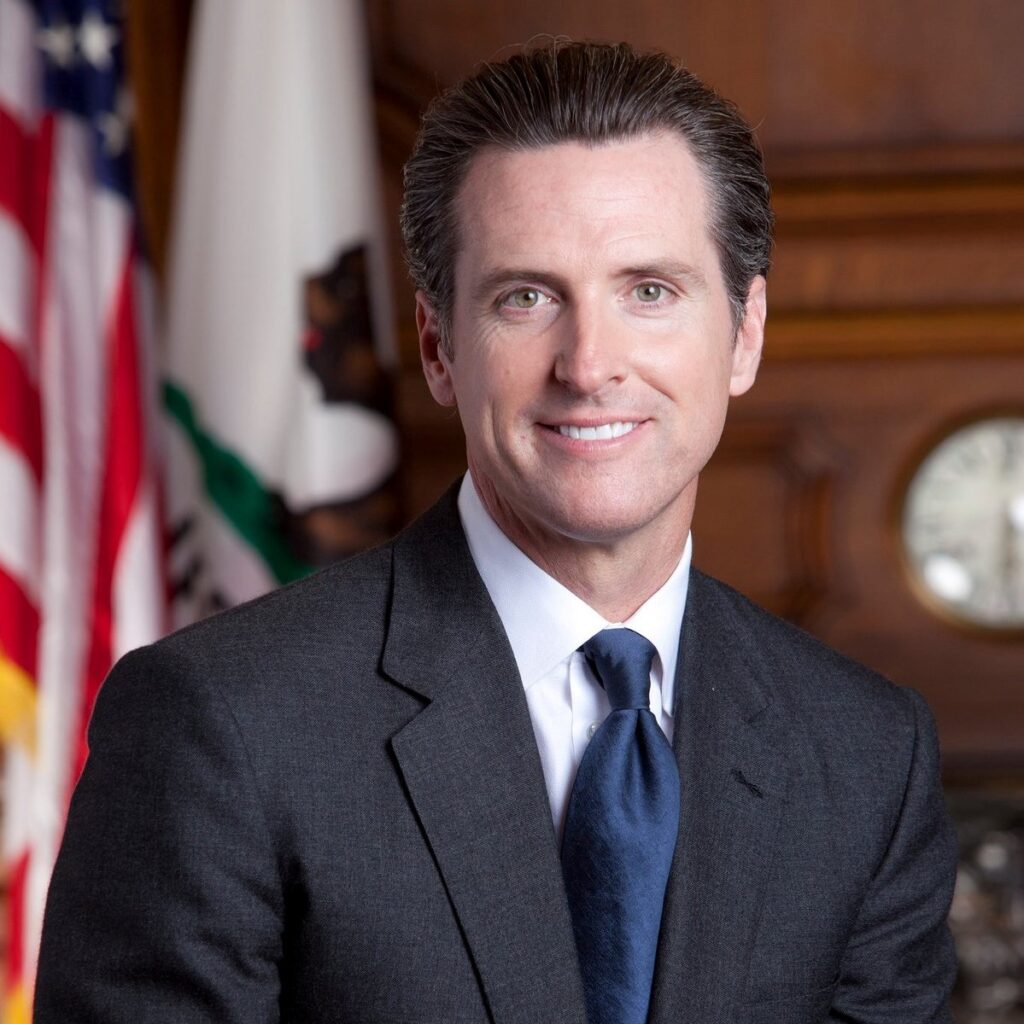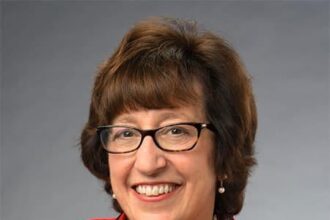California enacted a new law prohibiting nonprofit and private colleges from considering the admission process when the candidate’s parents contributed to the school.
On Monday, California’s Democratic governor approved a new state law prohibiting nonprofit, private schools from using donor or legacy preferences when admitting students.
According to the National Conference of State Legislatures, Gov. Gavin Newsom signed the law, making California the second state after Maryland to ban legacy admission. Some institutions, such as Colorado, Virginia, and Illinois, ban the practice at public schools. Gov. Wes Moore approved the law in April, requiring both public and private schools in Maryland to ban legacy or donor preference.
California‘s new legislator will impact the admission decisions of some of the state’s most prestigious and wealthiest private universities, such as the University of Southern California and Stanford University.
These states’ representatives are among an increasing movement of state legislators who are fed up with the legacy and donor preferences that universities have long used as part of their fundraising and alumni development plans. Many institutions have a long-standing admission process that critics claim unjustly favours white and wealthier applicants. The Supreme Court’s decision invalidating race-conscious admissions catalyzed the trend, which has already corresponded with a decrease in the enrolment of underprivileged students at several wealthy schools.

Newson stated: “In California, everyone should be able to get ahead through merit, skill, and hard work.” “The California Dream shouldn’t be accessible to just a lucky few, which is why we’re opening the door to higher education wide enough for everyone, fairly.”
The law clearly states that the privilege should be scrapped; however, it doesn’t offer strong enforcement mechanisms. If schools fail to comply with the law, they don’t face a financial penalty, a consequence included in bills drafted earlier.
The president of the Association of Independent California Colleges and Universities, Kristen Soares, stated that the institutions her organization represents will “work faithfully” to meet the law’s implementation deadline, which is set for September 2025.
She stated: “As private institutions, we have been clear that we are uncomfortable with the state dictating admission practices in our institutions, and the precedent it sets.” “We have also been clear throughout the discussions on this bill that we welcome the opportunity to help ensure people have confidence in an admission process that is equitable for all.”














